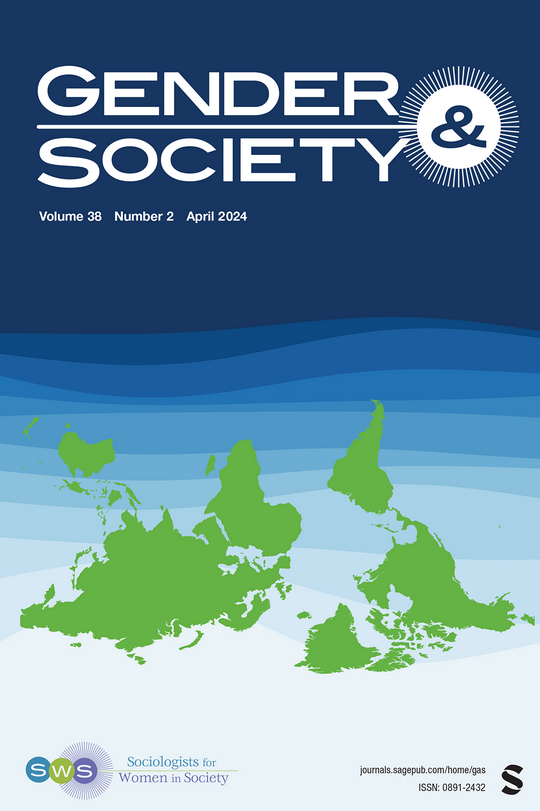“这是心碎。它是昂贵的。《这很难》:医疗经济如何伤害黑人和拉丁裔母亲
IF 7.2
1区 社会学
Q1 SOCIOLOGY
引用次数: 0
摘要
有关大规模监禁的文献主要集中在被监禁的男性、他们的子女以及他们的恋爱伴侣身上,而本文则是在较小范围的研究基础上,强调了在新自由主义监禁国家的约束下,母亲们所受到的伤害。在这项研究中,我探讨了有成年子女被监禁的母亲是如何被征召从事榨取性的照料劳动的。通过 21 个深入访谈的数据,我发现母亲们经常长途跋涉、花费巨资、耗尽积蓄、身兼数职,以确保其被监禁子女的生存。我认为,金融化政策和耗费时间的官僚机构的累积影响,导致外面的黑人和拉丁裔工薪阶层妇女被榨取了宝贵的时间和金钱。我引入了 "关怀经济"(carceral care economy)一词,以概念化监禁的新自由主义商品化及其为有子女的被监禁母亲带来的劳动需求。本文章由计算机程序翻译,如有差异,请以英文原文为准。
“It’s Heartbreaking. It’s Expensive. It’s Hard”: How the Carceral Care Economy Harms Black and Latine Mothers
While literature on mass incarceration has focused primarily on incarcerated men, their children, and their romantic partners, this article builds on a smaller body of work that highlights the harms to mothers under the constraints of the neoliberal carceral state. In this study, I examine how mothers with incarcerated adult children have been conscripted to perform extractive caring labor. Drawing on data from 21 in-depth interviews, I find that mothers often travel long and costly distances, drain their savings, and work multiple jobs to ensure the survival of their incarcerated children. I argue that the cumulative impact of financialized policies and time-draining bureaucracy results in the extraction of precious time and money from working-class Black and Latine women on the outside. I introduce the term carceral care economy to conceptualize the neoliberal commodification of incarceration and the labor imperative it creates for mothers with children who are imprisoned.
求助全文
通过发布文献求助,成功后即可免费获取论文全文。
去求助
来源期刊

Gender & Society
Multiple-
CiteScore
9.70
自引率
3.60%
发文量
78
期刊介绍:
Gender & Society promotes feminist scholarship and the social scientific study of gender. Gender & Society publishes theoretically engaged and methodologically rigorous articles that make original contributions to gender theory. The journal takes a multidisciplinary, intersectional, and global approach to gender analyses.
 求助内容:
求助内容: 应助结果提醒方式:
应助结果提醒方式:


